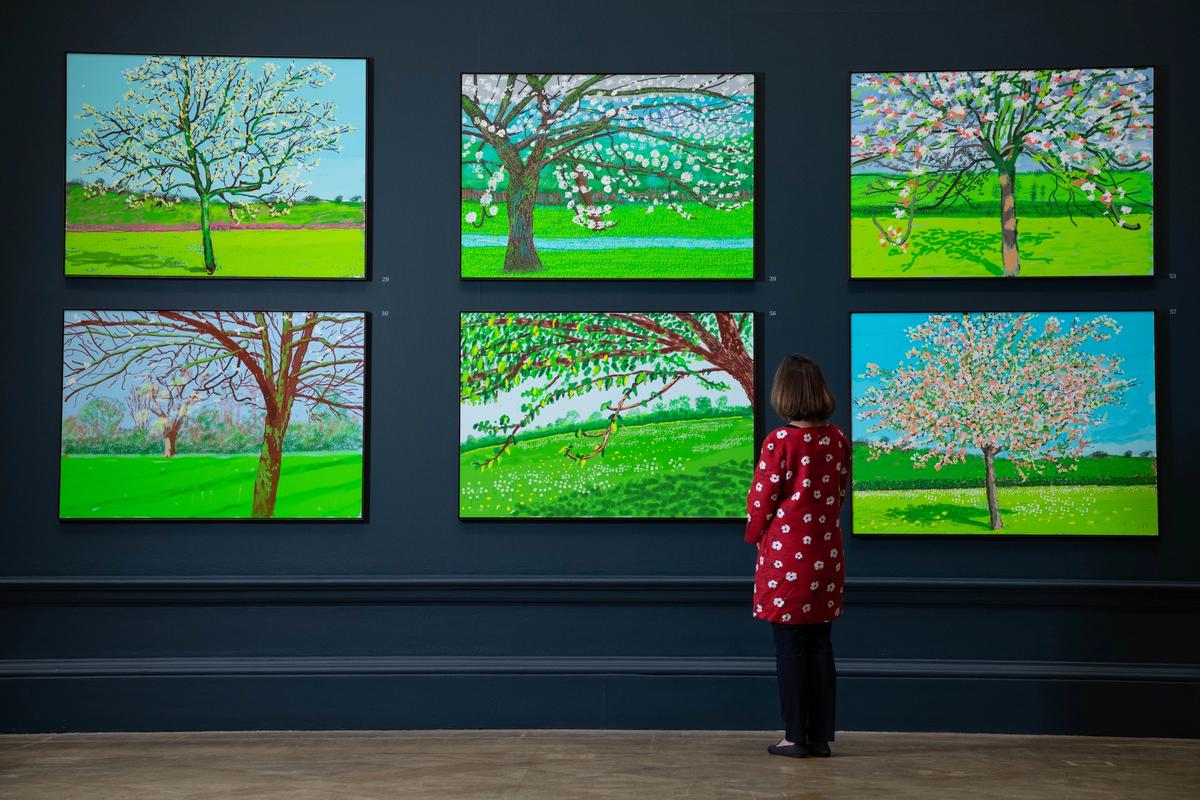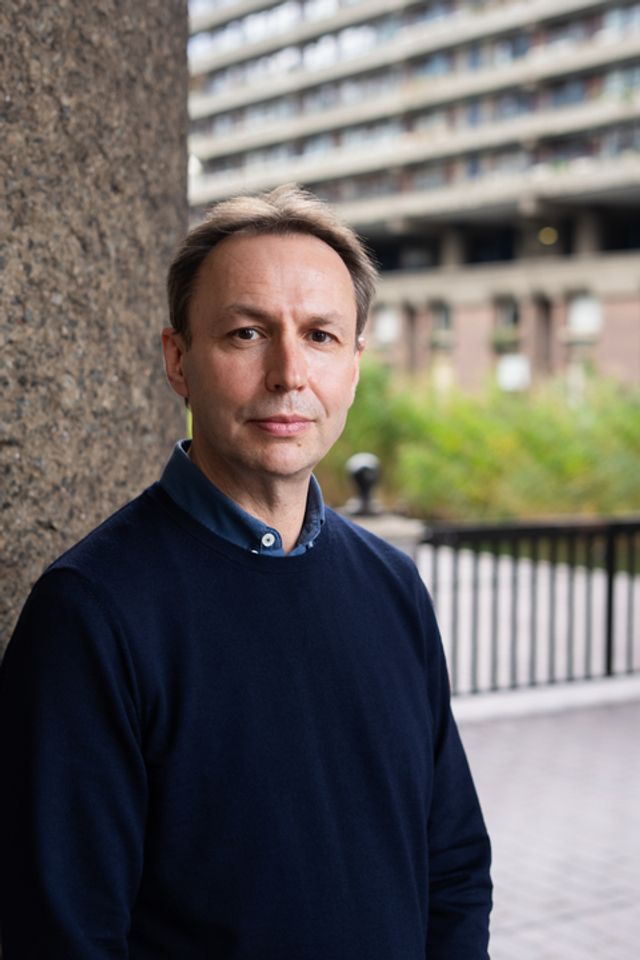Cultural leaders were joyful as UK museums reopened in mid-May, but they also felt daunted by the rising numbers in the loss column on museums’ spreadsheets. Yes, we’re back looking at art, but not in enough numbers to restore museums to a financial model that will allow them to survive, let alone thrive. And, in this climate, there’s a danger that public commissioning and programming becomes more conservative.
Of course, museums have to be as canny as they can now that they’re open again, to maximise small gains. The Royal Academy of Arts (RA) shifted its show of David Hockney’s iPad “paintings”, The Arrival of Spring, Normandy, 2020, to the main galleries for a few months before it moves to the galleries in the RA’s Burlington Gardens building in August. It means three more months of sell-out main exhibition revenue and the shop and catering sales that a full-to-capacity RA brings.
But one has to wonder if public enthusiasm for Hockney’s latest efforts will begin to wane. Reviews of the show were mixed, but many found the iPad works wanting. “Even the innately beautiful structure of a tree is undermined by the stick-figure lines, which lack all eloquence or fluidity. The register is as false and fudged as an electronic signature,” wrote the Observer’s Laura Cumming.
There is an element of deceit in the enterprise: the images are called paintings but, as Cumming puts it, they’re “iPad sketches in 1.5m printouts” on paper. And these graphic works suffer hugely for the enlargement far beyond their natural scale, exposing the limits of their medium. The often vast paintings of Michael Armitage in the RA’s upstairs galleries are far more deserving of the main galleries’ grand spaces and were ecstatically reviewed. The RA should have had the courage to swap those shows around.
How helpful for Hockney’s reputation is the rush to hail everything he produces as a master work and slap it on the RA’s walls? It’s a thought I also had when his design of the London Underground roundel for Piccadilly Circus, commissioned by the Mayor of London, was revealed in May. A dashed-off sketch in purple and yellow, with the S of “Circus” falling off the central band of the roundel design, it was greeted with widespread disdain and dismay. As a colleague at The Art Newspaper put it: Hockney is testing the public’s goodwill.
Again, the logic is sound: what better way to urge Londoners to revisit their cultural spaces than with an eye-catching new design by Britain’s Greatest Living Artist™. But, as so many pointed out, many of the city’s artists are struggling due to the pandemic. This was the moment to ask for fresh ideas, to give the space to artists more deserving of exposure and a commissioning fee, and more likely to spend the time and thought to produce a compelling work.
I don’t envy our museum leaders and commissioners as they address the new realities after the pandemic. But they must be bold and imaginative—nurture the Hockneys of the future rather than just seeking easy wins.



